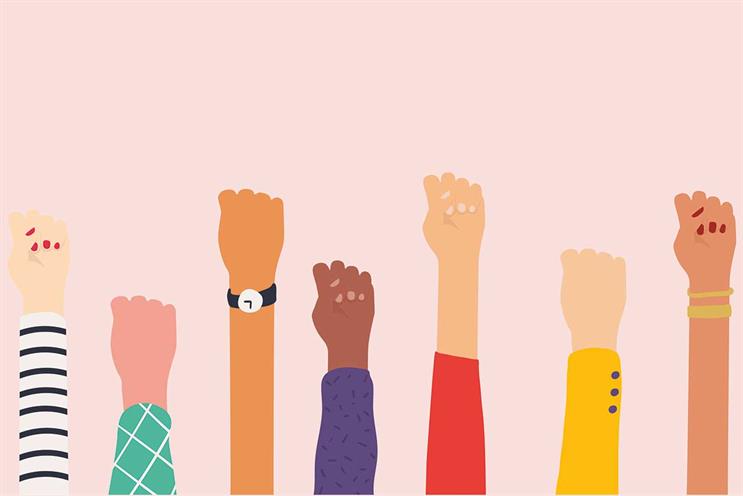It’s official. We’re on lockdown. Staying in is the new normal. Coronavirus is unprecedented in the way it’s affecting the way we work, the way we live and the way we behave. Even though statistically less likely to succumb to the virus, women are the ones most likely to lose out from it.
The burden hasn’t just been social, with women taking on more of the responsibility for children, family, neighbours and friends, but financial too. Women make up the lion’s share of one-parent families and, according to Office for National Statistics, women are most likely to be on zero-hours contracts and in the lowest-paid jobs.
One-third of women have no savings to fall back on should they not be able to work, so it’s no wonder that these unprecedented and uncertain times are making women feel particularly vulnerable and exposed. Fifty years after the Equal Pay Act was passed, and 100 years since women first got the vote, how is it that we seem to have made so little progress?
Looking back in history, the largest leaps in women’s equality have come after periods of global distress and major upheaval. Historian Gifford Lewis wrote: "The highly skilled and dangerous work done by women during the (Great) war was probably the greatest factor in the granting of the vote to women." And, likewise, it was World War II that gave birth to the women’s liberation movement. For the second time in modern history, women who were proving themselves to be excellently capable in fields as diverse as farming, manufacturing and intelligence during the war were forced back into a life of domesticity after it.
The collective disappointment and dissatisfaction shared by a generation of women became a legacy passed on to sisters and daughters. It is precisely this collective voice and acknowledgement of a situation shared that mobilises action and instigates change.
Fast-forward another 50 years and the female collective voice is louder than ever. Technology has created a platform for all groups in society, however splintered or oppressed, to connect with others through shared experiences, thereby exposing their situation to the wider world. From the #MeToo movement to the Arab Spring, social media empowers activists to co-ordinate and communicate the actions that spark revolution as the world watches. In the height of the coronavirus crisis, the chat from women is predominantly supportive, sharing experiences and offering advice – but what bitter social legacy will this crisis leave?
The reality is that in Britain we have for decades taken the soft approach to equality. As a democracy with reason and temperance at its core, we have moved slowly, avoiding sharp movements that risk causing offence – all of which is admirable but ultimately ineffectual. Where we rank globally in equality for women depends on who’s doing the measuring, but it’s fair to say that we don’t make the top 10 very often. According to the World Economic Forum Global Gender Gap Report 2020, we’re actually going backwards, having dropped from 15th in 2018 to 21st in 2020.
Klaus Schwab, founder and executive chairman of the WEF, says: "At the present rate of change, it will take nearly a century to achieve parity – a timeline we simply cannot accept in today’s globalised world."
It is clear that things need to change – and post-coronavirus apocalypse, they will. Women will once again mobilise and push for a move away from placation and towards legislation – the only sure-fire way of achieving gender parity within an acceptable timeframe. Countries such as Iceland, Sweden and Denmark have done precisely this and enjoy rich social and economic status as a result, along with the lowest gender pay gaps in the world, so we know the model works. Gender quotas in Norway legislate for a 40% female presence in the country’s parliament and on business boards, while Swedes enjoy about 16 months' shared paid leave following the birth or adoption of a child.
As marketers, as women and as active members of the voting public, what action are we going to take when the uprising happens? And it will happen. Are we going to continue tiptoeing around the issue, offering tweaks to working practices that won’t make any real difference to people’s lives? Or are we going to use our skills, our resources and our voices to take the stage and force real action? You decide.
Erminia Blackden is strategy director at Engine
Picture: Getty Images


